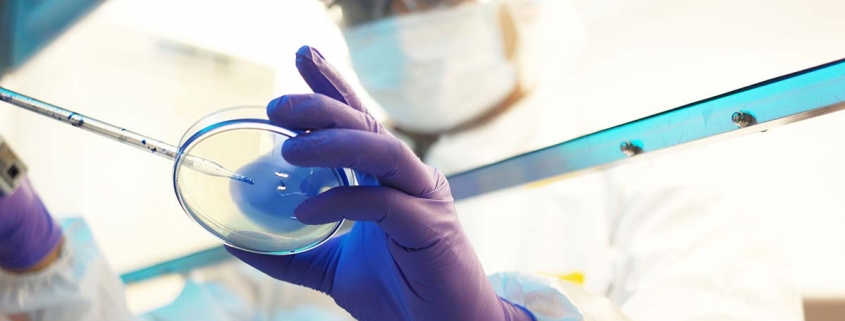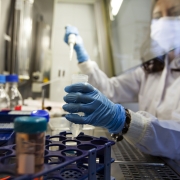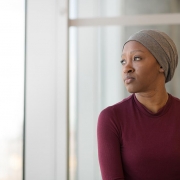Expanding Options: What’s Next for Biosimilars in Oncology?
The COVID-19 pandemic has negatively impacted industries worldwide, and healthcare has not been immune. Oncology practices in particular are looking to recoup dollars lost to a decline in patient visits and, as the economy weakens and unemployment rises, patients are looking for financial assistance and relief from high-cost medications.
The current environment could lead to a spike in biosimilar use, which can increase economic efficiency without sacrificing patient safety and satisfaction. But oncology practices should not view biosimilars as just a temporary alternative. Rather, these options could become part of the ongoing strategy long after the intensity of the pandemic wanes and the economy rights itself.
And while they offer plenty of advantages for practices and patients, working with biosimilars can be complex and may require the need of a partner to help streamline the process.
The Positives of Biosimilars
The biggest advantage of biosimilars is the savings, with some priced at 20% to 40% lower than the existing reference product. Those prices will continue to decrease as the market becomes more saturated, increasing competition.
Biosimilars go through a different regulatory pathway to demonstrate similarity to a reference product. The FDA’s determination of biosimilarity is based on the totality of the evidence, which includes an extensive analytical comparison to show that the proposed biosimilar and reference products are highly similar in structure and function. Animal, human pharmacologic, immunologic and additional clinical data are added as needed to the analytical data in a stepwise fashion. This allows for a shorter approval time and lower costs to develop a product with no meaningful clinical difference.
Consequently, oncologists can trust that there is no drop in the effectiveness and safety of the biosimilar drug while realizing the cost advantages for both the practice and patients.
Economically, oncologists benefit because the reimbursement for biosimilars is based on the average sales price plus 6% of the reference product, leading to small incremental profits for the practice. Because biosimilars are cheaper in cost, that eventually leads to savings on out-of-pocket costs for the patient.
The Need for a Network
While working with biosimilars can yield positive results, they also come with their own set of complexities that some independent practices may not have the bandwidth or expertise to handle.
Payer formularies vary widely as they relate to biosimilars. While one insurer may approve one biosimilar for specific indications, another may use a different one. Keeping up with these formulary variances is a daunting task for the average resource-strapped oncology practice; many either avoid using biosimilars or find themselves stuck in the administrative back and forth of claims denials.
American Oncology Network (AON) improves this outlook for its practice network through management and oversight of approved biosimilars. Our team keeps physicians current on formularies by insurer, streamlining processes and improving cash flow for practices and patients alike.
In addition, AON offers better buying and negotiating power, which leads to the purchase of more economical biosimilars. From an operational standpoint, AON alleviates a practice’s operational burdens by taking care of the drug purchasing and contracts.
If patients are wary about biosimilars, AON’s board-certified oncology pharmacists can assist in putting their minds at ease. Many independent practices lack the resources or manpower to create promotional collateral, instead relying on materials provided by the manufacturer—many of whom have had to shut down promotional departments due to COVID-19. AON can help educate patients on biosimilars with informative literature that is thorough but also written on a level that consumers can easily digest.
Cancer patients are dealing with enough stress – the last thing they need to do is worry about the safety and efficacy of their medications. Our team ensures patients know that biosimilars have the same potency, purity and safety as the reference medications.
The New Standard
The current global pandemic has underscored the clinical and financial advantages of biosimilars. Oncology practices should also consider how they may benefit from their use after the COVID-19 crisis is over.
By leaning on established networks such as AON to ease administrative burdens associated with using biosimilars, oncology practices can realize the benefits of expanded options for themselves and the patients in their care.










